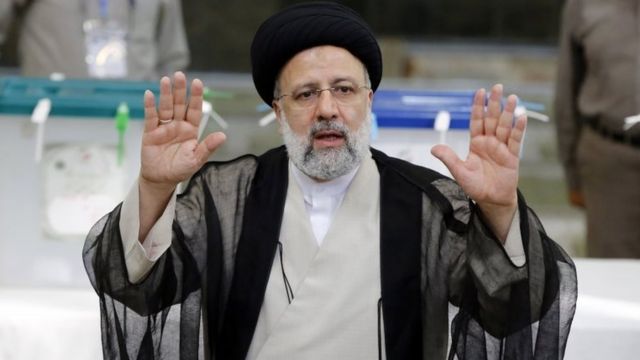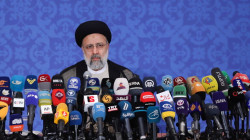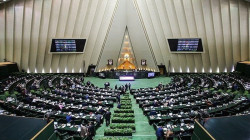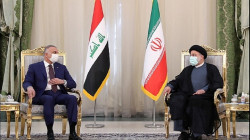Victims of 1988 Iranian 'death commission' file suit in NYC against Iran president

Shafaq News / Members of an Iranian opposition group have filed a lawsuit against the president of Iran for his role in the 1988 massacre of dissidents just weeks before he intends to speak before the U.N. General Assembly.
"The plaintiffs actually suffered the injuries that they claim they suffered; the people who were murdered actually were murdered. They were killed," Steven Schneebaum, who filed the lawsuit on behalf of the victims, told Fox News Digital.
"There's no doubt about that. Amnesty International confirms it. The State Department confirms it … We're asking for an opportunity to tell our story in public in front of a federal judge, and I think my clients are entitled to that."
Iranian President Ebrahim Raisi took office in August 2021 after an election marked by low turnout and accusations of election rigging.
He played a key role in the "death commission" of political prisoners in 1988, followed by a stint as prosecutor general of Tehran between 1989 and 1994.
Amnesty International cites a figure between 4,500 and 5,000 men, women and children killed in prisons across Iran, with "the true number of dead … still unknown as the executions were carried out in secret." A book published by Hossein Ali Montazeri, once known as Ayatollah Khomeini’s former deputy, cited a figure as high as 30,000, according to the Daily Telegraph.
"In the summer of 1988, Raisi and his cohorts literally determined who would live and who would die, and as many as 30,000 people were taken out to be executed, to be hanged sometimes in groups as large as 12 after hearings," said Schneebaum, who also serves as an adjunct professor at the School of Advanced International Studies at Johns Hopkins University.
"The prisoners were asked basically one question: Do you repudiate your opposition to the regime, which is to say, in 90% of the cases, do you repudiate your membership or your support for the MEK?"
Raisi controversially has lined up an appearance at this year’s U.N. General Assembly, and many critics are urging President Biden to deny visa approval for Raisi and his fellow officials. Should he appear in the U.S., it would present Schneebaum and his clients a rare opportunity to serve Raisi and try to take him to court.
"Raisi has not set foot outside Iran very much in recent years," Schneebaum explained. But he pointed to Hamid Nouri, another member of the 1988 commission who Swedish authorities arrested last year and who faced criminal charges for his role.
"He will be physically present in the United States, and our argument is that there is a sufficient connection to the United States to justify American federal court jurisdiction over him," he added.
The greatest hurdle the lawsuit faces — other than ensuring Raisi is physically present in the U.S. — is the question of immunity. As a visiting dignitary, Raisi may have diplomatic immunity, but Schneebaum believes the structure of Iran’s government helps him as immunity should apply to "heads of state."
A State Department handout on the subject notes that most privileges and immunities "are not absolute," and the 1978 Diplomatic Relations Act replaced most of the more antiquated laws on the subject. According to the new provisions, some protections only apply to officials from nations that have ratified the Vienna Convention on Diplomatic Relations or to whom the U.S. president has granted privileges and protections.
(Fox News)




